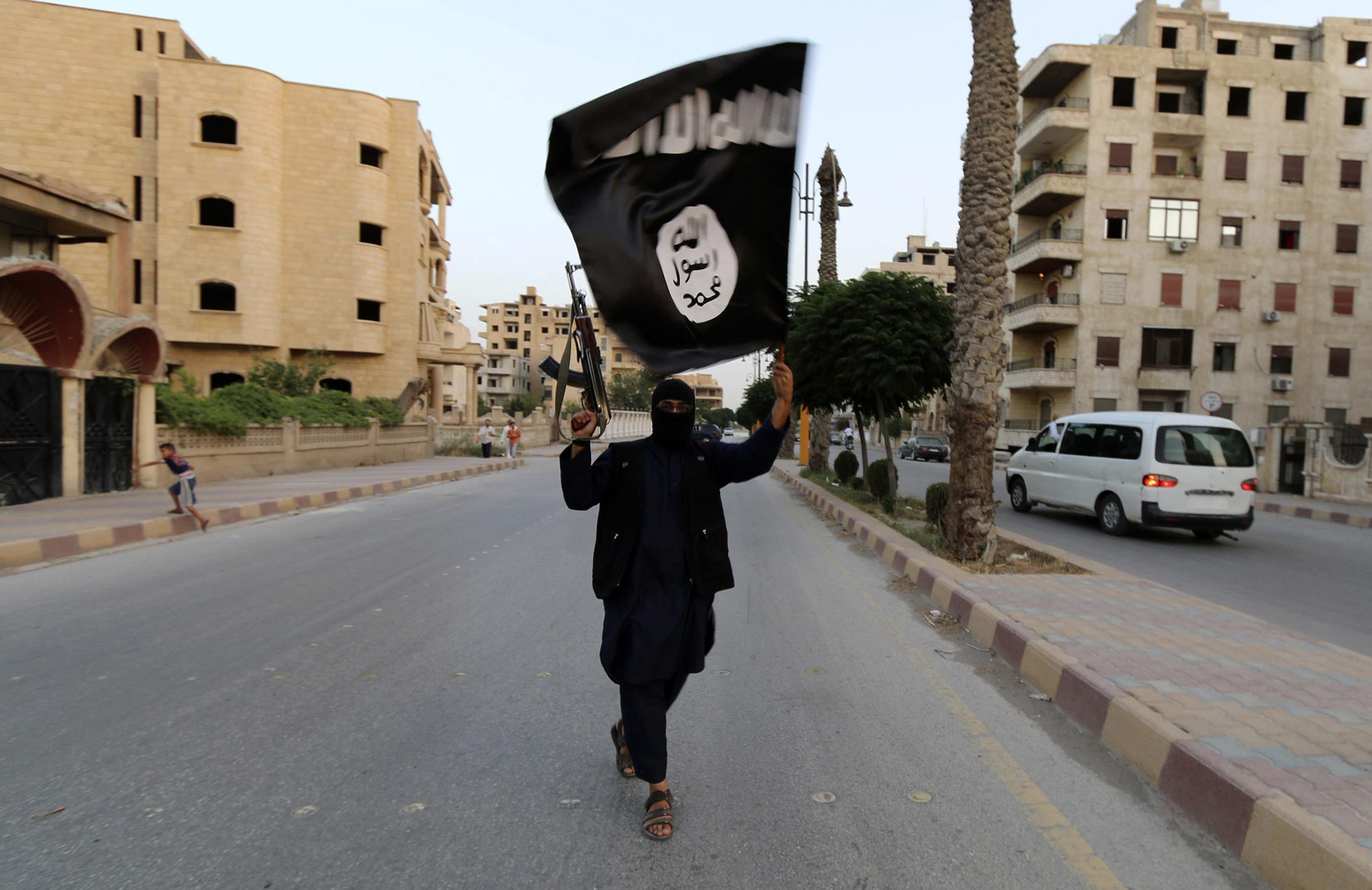ISIS: The True Ebola
While international airports across the country continue screening travelers for symptoms of Ebola, another lethal pathogen is seeping into our borders. The virus is transmitted via social media sites like Facebook, Twitter, and YouTube to individuals susceptible to its radical message. The infected are often compelled to lash out at their national symbols of authority in retaliation, as seen in Queens, Quebec, and Ottawa this week. The virus’s name: ISIS.
The threat of ISIS isn’t enough to warrant fear over a formal military invasion or justify McCarthy-era paranoia, but its success in capturing hearts and minds of Muslim communities outside of the Middle East through its social media campaign is enough to command serious concern.
Perhaps what makes ISIS so troubling is its lack of precedence. By exporting its deep seated hatred of the West over the internet, ISIS has differentiated itself from the tangible and identifiable Hitlers and Stalins of our past. Disenchanted, decentralized, and radicalized so extremely it’s even eluded al-Qaeda’s support; ISIS casts a menacing yet enigmatic shadow over our national security and the stability of the international community. So, how will we respond?
A convincing case can be made that the incidents involving unstable gunmen like Michael Zehaf-Bibeau in Ottawa are just that -- tragic, isolated incidents. After all, Zehaf-Bibeau was just a deeply troubled Canadian frustrated over being unable to obtain a passport to Syria. It’s true that Bibeau had sought solace in radical Islam and had contact with ISIS operatives, but he wasn’t one himself. Maybe Zehaf-Bibeau’s actions were simply solo, ‘lone wolf attacks’ that were impossible to predict or prevent. Although radicalization uniquely manifests itself in each individual, the Ottawa incident belongs to a larger strategy of privatized violence ISIS has used to begin its assault on the West while gaining support for its jihad in the Middle East. Zehaf-Bibeau may have acted on personal motivations when he opened fire on Canadian government buildings, but he was primarily compelled by his desire to join ISIS in the fight for Syria and his actions ultimately benefited the group’s goal of seeking revenge against the United States.
Unfortunately, misguided action against ISIS isn’t a better alternative than denying its influence in recent domestic attacks. Iraq’s attempt to stymie ISIS’s outreach by blocking Twitter and Facebook is evidence of that. Blocking these portals is akin to putting a band aide on a gunshot wound –- a wound hemorrhaging zealous resolve by individuals who want to establish a radical Islamic caliphate and destroy the West. Like Ebola, ISIS’s reach isn’t just isolated in one geographic area –- it’s spreading. Most tweets and posts promoting ISIS have been shown to originate in Kuwait and Saudi Arabia but ISIS has really gained momentum through hashtags and reposts from supporters around the world.
Instead of taking action like that of Iraq, the U.S. and other countries must attempt to understand the root of the problem. Effectively curing ourselves of the ISIS threat will require a deeper understanding of a problem that goes beyond ISIS’s goals and tech-savvy strategies. As the great Ed Murrow once said, “…our history will be what we make of it. If we go on as we are, then history will take its revenge and retribution will not limp in catching up with us.” Radical Islamic groups’ hatred of the United States dates back farther than our recent airstrikes against ISIS in Iraq and Syria. A brief glance at history shows we’re incurring revenge for our decades of exploitation and interference in the Middle East. Retribution, however unjust, is not limping in catching up with us – it’s sprinting. If we don’t start acknowledging the wrongs and ramifications of our imperialist past, we’ll never manage to outrun yesterday’s mistakes and ensure a safe tomorrow.
[yop_poll id="34"]
